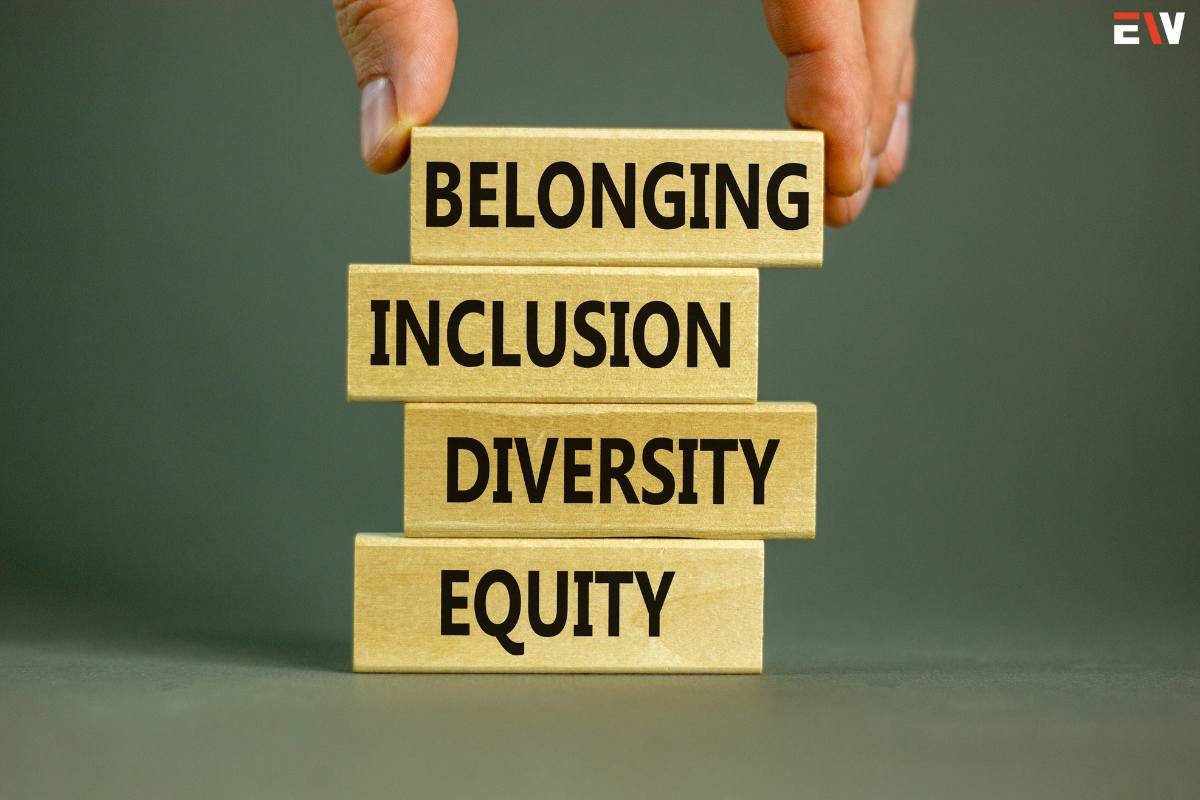In the bustling landscape of education, standardized testing stands as a ubiquitous benchmark, a yardstick used to measure academic prowess and proficiency. Yet, as we tread deeper into the 21st century, the efficacy and impact of standardized methods of testing have come under scrutiny. This article delves into the multifaceted realm of standardized methods of testing, exploring its implications, challenges, and the evolving discourse on redefining success in education.
The Genesis
The origins of standardized testing can be traced back to the early 20th century, conceived as a means to ensure fairness and objectivity in assessing students’ academic abilities. However, what began as a tool for uniform assessment soon evolved into a cornerstone of educational evaluation, wielding significant influence over curriculum design, school funding, and student trajectories.
The Pros and Cons
Advocates of standardized methods of testing tout their ability to provide a measurable, consistent assessment of student performance across diverse populations. It’s often seen as a means to hold schools accountable, identify achievement gaps, and inform educational policy decisions. Yet, detractors argue that these tests can be inherently biased, fostering a “teach-to-the-test” mentality that narrows the scope of learning, sidelines creativity, and fails to capture the holistic abilities of students.
The Stress and Mental Health Impacts
A prevailing concern surrounding standardized testing is its impact on students’ mental health and well-being. The intense pressure to perform well on these high-stakes exams often leads to heightened stress levels, anxiety, and even a sense of inadequacy among students. This mental toll raises questions about the true efficacy of assessments that potentially compromise the emotional welfare of learners.
Equity and Diversity: Challenges in Assessment

Standardized testing has faced criticism for its failure to account for cultural and socioeconomic differences among students. Critics argue that these assessments may inherently disadvantage certain groups, perpetuating inequities rather than serving as an equalizer. Addressing the challenge of creating assessments that are fair and inclusive remains a critical aspect of reforming standardized practices of testing.
The Shifting Paradigm: Alternative Assessment Models
In recent years, there has been a groundswell of support for alternative assessment models that go beyond the confines of standardized testing. Performance-based assessments, portfolios, project-based evaluations, and competency-based measures have emerged as viable alternatives that aim to capture a broader spectrum of students’ abilities and aptitudes.
Redefining Success in Education
As discussions on standardized testing intensify, there’s a growing movement to redefine success in education. This shift involves embracing a more holistic approach to assessment—one that values critical thinking, problem-solving skills, creativity, emotional intelligence, and adaptability. Advocates argue that education should empower students not only with knowledge but also with the skills necessary to navigate an ever-changing world.
The Role of Technology in Assessment
Technology has paved the way for innovative assessment tools and methodologies. Adaptive learning platforms, AI-driven assessments, and immersive simulations offer a glimpse into the future of personalized, dynamic evaluations that adapt to individual learning styles and foster a deeper understanding of concepts.
Toward a Balanced Evaluation Framework
The way forward lies in striking a balance between standardized testing and alternative assessment methods. A hybrid approach that leverages the strengths of both traditional and progressive evaluation methods could potentially offer a more comprehensive, nuanced understanding of students’ capabilities.
Teacher Evaluations and Classroom Dynamics

Standardized testing often impacts teacher evaluations and classroom dynamics. Teachers may feel pressured to teach to the test, sacrificing innovative teaching methods and diverse curricular content for a more formulaic approach that aligns with test preparation. This approach may hinder the cultivation of critical thinking, creativity, and a passion for learning among students.
Economic and Social Implications
The emphasis placed on standardized testing can also have far-reaching economic and social implications. School rankings based on test scores may influence property values, district funding, and the perception of educational quality. Moreover, the focus on standardized tests can create a narrow definition of success, potentially undervaluing non-traditional pathways to learning and careers, such as vocational training or creative pursuits.
The Global Perspective
Standardized testing is not limited to one country or educational system. It’s a global phenomenon, with various countries adopting similar assessment methods. However, international comparisons through standardized tests like PISA (Programme for International Student Assessment) often oversimplify complex educational systems and cultural contexts, leading to misleading conclusions about the effectiveness of different approaches to education.
Parental and Community Engagement
The impact extends beyond the classroom, involving parents and communities. Concerns about the emphasis on testing may mobilize parent groups and educational advocates to push for reforms that prioritize a more comprehensive evaluation system focused on holistic student development.
Policy Reforms and Future Directions

Calls for policy reforms echo throughout educational circles, urging policymakers to reconsider the weight placed on standardized testing in educational decision-making. This momentum has led to legislative changes in some regions, advocating for reduced testing, increased flexibility in assessments, and a broader definition of educational success.
Bridging the Skills Gap
An evolving job market demands a diverse skill set from graduates. Rethinking assessment practices is crucial in bridging the gap between the skills taught in classrooms and those required in the professional world. A more inclusive evaluation framework could better equip students with the skills necessary for success in the workforce of tomorrow.
Ethical Considerations and Testing Industry
Critics also scrutinize the testing industry, questioning the ethics of profiting from high-stakes standardized tests. The influence of corporate interests in shaping educational policies and practices through standardized methods of testing raises ethical concerns about the prioritization of profit over educational quality.
Cultivating Lifelong Learners
Ultimately, the aim of education should be to nurture lifelong learners equipped with a diverse skill set, adaptability, and a passion for continuous learning. Reimagining assessment practices to foster a love for learning, curiosity, and a growth mindset is fundamental in preparing students for a rapidly changing world.
In the ongoing discourse on standardized testing, these diverse perspectives underscore the need for a comprehensive reevaluation of assessment practices. By acknowledging the limitations of and embracing a broader, more inclusive approach to evaluation, the educational landscape can evolve to better serve the multifaceted needs of learners and society at large.










